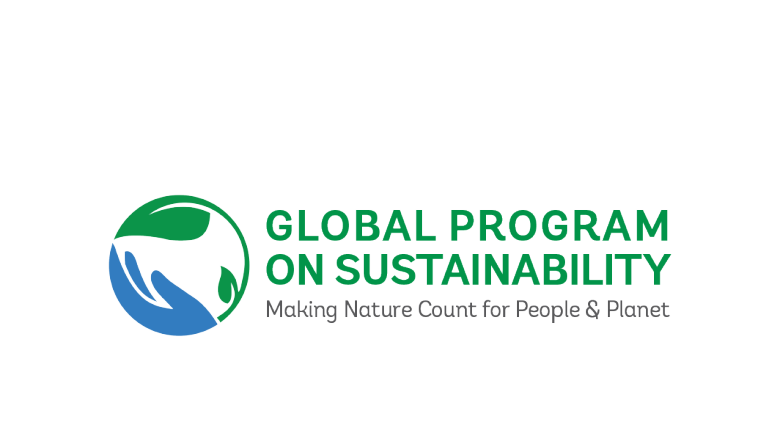The GPS-funded grant “Enhancing Natural Resource and Pollution Management in Cambodia” is closely aligned with the country’s priorities and strategic focus on nature-based solutions. This enables the integration of nature-based solutions principles into various sectors such as transport/roads, agriculture, water, tourism, urban development, and water supply and management.
Regarding outputs, ecosystem accounts were developed for two selected watersheds in Cambodia:
- The Stung watershed
- The Kantout watershed.
The process involved comprehensive steps including baseline profiling, hazard and climate change impact assessment, vulnerability assessment, resilience-building strategy development, and ecosystem services valuation. These efforts culminated in the identification assessment, and prioritization of nature-based solutions in the two watersheds. The hazard and climate change impact assessments conducted in these areas provided a foundational understanding of socioeconomics, hydrology, natural systems, hazards, and climate dynamics. The assessments also evaluated the potential impacts of flood agricultural drought, and water scarcity on key agricultural assets and areas of interest in the context of climate change. The use of the Soil and Water Assessment Tool facilitated the creation of hydrological models for both watersheds, aiding in understanding hydrological patterns, selecting potential solution sites, and projecting the impact of proposed solutions on watershed hydrology. These assessments and modeling efforts contributed to the development of the report Assessing the Potential of Nature-Based Solutions for Increasing Water Security in Selected Watersheds, Cambodia. This report was shared with relevant ministries to underscore the significance of nature-based solutions in enhancing climate resilience, thereby offering concrete policy recommendations to the government.
GPS-funded activities have informed the activities relating to nature-based solutions in the Cambodia Water Security Improvement Project. The study’s target areas were specifically identified through engagement with the Ministry of Water Resources and Meteorology, the project’s lead implementation agency, to support the identification of priority vulnerable areas and potential measures. These results were integrated into the project design during project development. The project’s interventions are designed using a nature-based approach, which provides a combination of adaptation and mitigation benefits while also reducing greenhouse gas emissions. A combination of structural, including nature-based solutions, and non structural adaptation solutions will be implemented where appropriate. Specifically, under Subcomponent 1.3, River Basin Management Plans will be developed, which will create an avenue for integrating a nature-based planning approach, involving the conservation of existing natural assets and the incorporation of nature based solutions to reduce flood and drought risks. Subcomponent 2.1 will also finance the preparation of feasibility studies, engineering designs, and construction activities, including the integration of nature-based solutions for increased flood and drought risk management. The project was approved in June 2024. The objective of the project is to improve aspects of water security and to increase agricultural water productivity in selected river basins of Cambodia.
The analytical work conducted informed policy via the Environment and Natural Resources Code of Cambodia (Ministry of Environment) and revision of the Law on Forestry (2002) (Ministry of Agriculture, Forestry & Fisheries) and associated policies. This was achieved by framing nature based solutions analysis around specific components of the legislation and government policy imperatives, and by workshops with both ministries to discuss nature-based solutions analysis and approaches. Additionally, the knowledge generated through this ASA work enabled the World Bank Task Team to carry out informed consultations with the Ministry of Environment and Ministry of Water Resources and Meteorology on enhancements to the Environment and Natural Resources Code.



